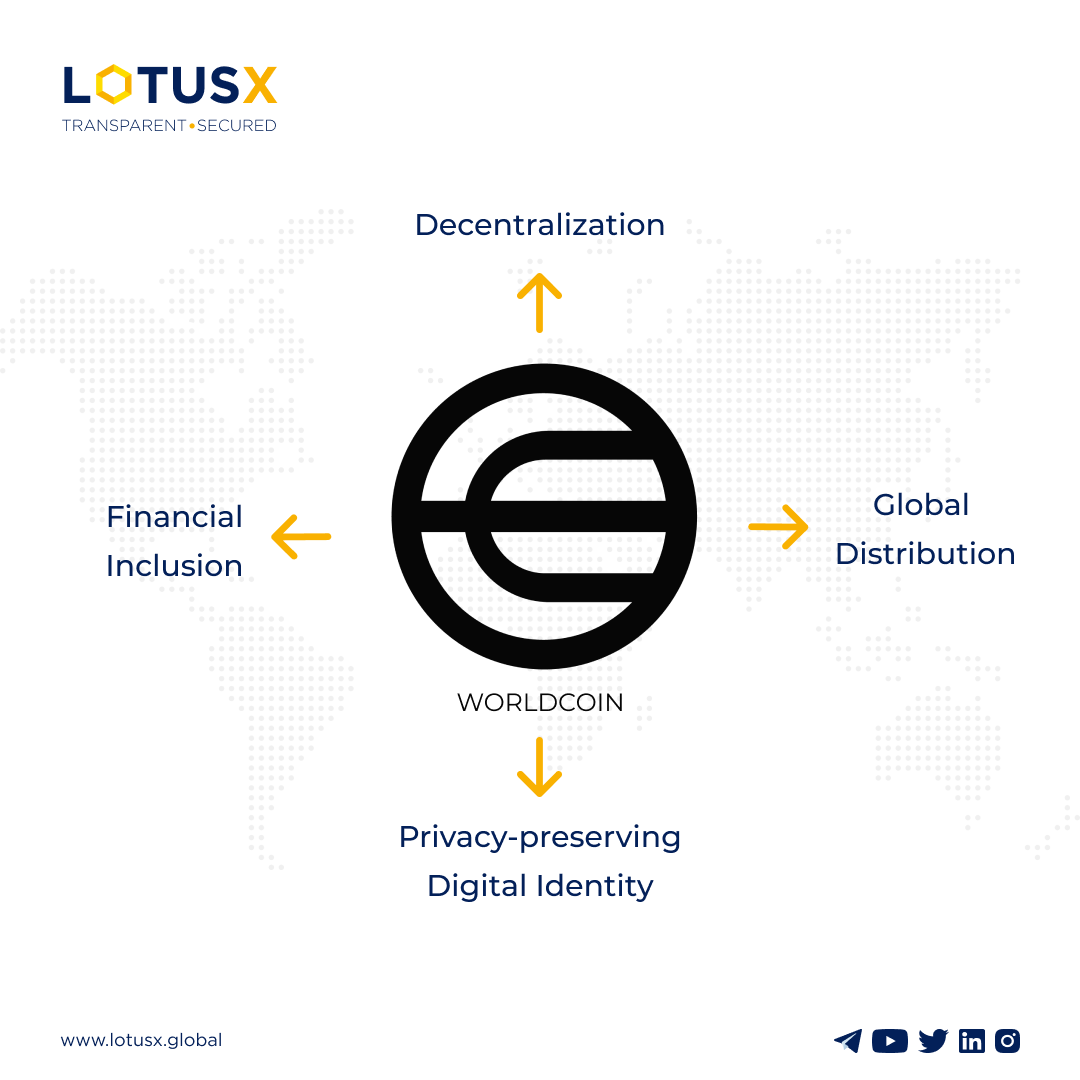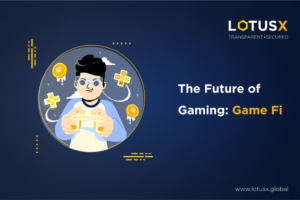In an era of ever-evolving technology and digitalization, the concept of a global identification network has captured the imaginations of visionaries and innovators worldwide. Worldcoin, a cryptocurrency project founded by Sam Altman and Ben Stanfield, has recently made headlines with its audacious goal to create a global ID system reminiscent of India’s Aadhaar. In this blog, we will delve into the details of Worldcoin’s aspirations, its potential implications, and the challenges it may encounter on its path to achieving its mission.
Understanding Aadhaar
Before we explore Worldcoin’s ambitions, it’s essential to understand India’s Aadhaar system and its impact. Aadhaar, which means “foundation” in Hindi, is a biometric identification system introduced by the Indian government in 2009. It assigns a unique 12-digit identity number to every Indian resident based on their biometric and demographic data. Aadhaar serves as a primary means of establishing one’s identity, simplifying access to government services, financial transactions, and more. With over a billion registered users, Aadhaar has significantly streamlined the delivery of services and reduced fraud in various sectors.
Worldcoin’s Vision
Worldcoin’s goal is to create a global identity network that is accessible to everyone, regardless of their location or socioeconomic status. The company believes that this network will help to reduce poverty and inequality, as well as promote economic development. To create this network, Worldcoin is using a technology called “proof of personhood.” This technology allows people to prove their unique identity by having their iris scanned by a Worldcoin device. Once a person’s identity has been verified, they are given a unique digital identity and a share of Worldcoin’s cryptocurrency.
Much like Aadhaar, this digital identity would be linked to biometric and demographic data. However, Worldcoin proposes to utilize cryptocurrencies and blockchain technology to implement this ambitious project. Here’s how it might work:
Biometric Data: Individuals would provide their biometric information, such as fingerprint scans or retinal scans, to create a secure and unique digital identity.
Blockchain Technology: This biometric data, along with demographic information, would be stored on a secure blockchain, ensuring privacy and security.
Access to Services: Worldcoin’s global ID system would enable individuals to access a wide range of services, including financial services, healthcare, education, and more, regardless of their geographical location.
Anti-Fraud Measures: The blockchain’s immutability and transparency would make it difficult for individuals to create fraudulent identities, enhancing the system’s security.
Potential Implications
The potential implications of a global ID system like the one proposed by Worldcoin are vast and varied:
Financial Inclusion: Such a system could bring financial services to the unbanked and underbanked populations around the world, boosting financial inclusion and reducing poverty.
Humanitarian Aid: Organizations delivering humanitarian aid could reach beneficiaries more efficiently and transparently, minimizing corruption and ensuring that assistance reaches those who need it.
Healthcare Access: Individuals’ medical records could be securely and easily accessed, making healthcare services more efficient and saving lives in emergencies.
Identity Verification: Online identity verification for services like e-commerce or social media could become more secure and user-friendly, reducing fraud and cybercrime.
Challenges and Concerns
While the idea of a global ID system holds great promise, it also raises various challenges and concerns:
Privacy and Security: Safeguarding personal data and ensuring privacy in a global ID network would be a paramount concern. Security breaches and unauthorized access to sensitive information could have severe consequences.
Consent and Ownership: The consent of individuals to participate in such a system and the question of data ownership would need to be carefully addressed.
Ethical Considerations: The ethical implications of centralizing vast amounts of personal data raise concerns about potential misuse or abuse by governments or other entities.
Legal and Regulatory Hurdles: Implementing a global ID system would require navigating complex international legal and regulatory landscapes, as well as addressing issues related to data sovereignty.
Bottom Line
Worldcoin’s aspiration to create a global ID network akin to India’s Aadhaar is undeniably ambitious and could potentially revolutionize the way individuals access essential services worldwide. However, the project also faces numerous challenges related to privacy, security, ethics, and regulation. While the vision is tantalizing, its execution must proceed carefully and responsibly to ensure the protection of individual rights and data.




